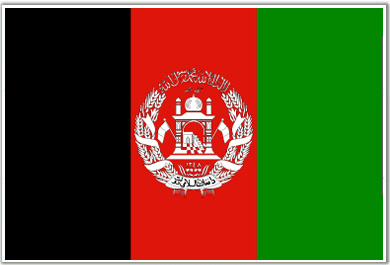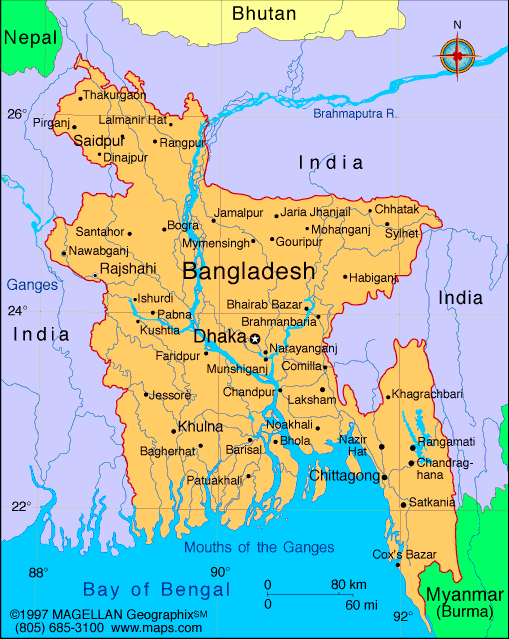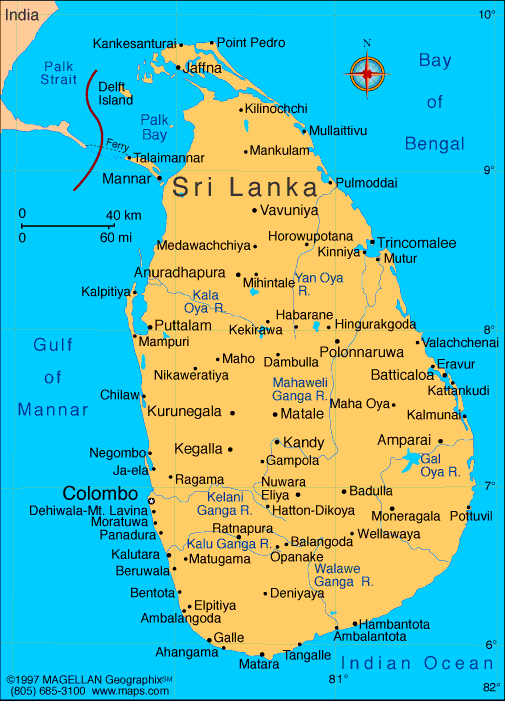US Secretary of State John Kerry has hosted talks near Brussels between Afghan President Hamid Karzai and Pakistani military chief Ashfaq Kayani.
Ties between Afghanistan and Pakistan have been strained over links between the Afghan Taliban rebels and Pakistan.
But there is no sign that either side is ready to make concessions before Nato's withdrawal from Afghanistan in 2014, says the BBC's David Loyn.
Mr Kerry met the officials at Truman Hall on the outskirts of the Belgian capital.
Following the three-hour long meeting, he said: "It's fair to say that there is a good feeling among all of us that we made progress in this dialogue."
But he added: "We have a lot of homework to do. We are not going to raise expectations or make promises that can't be delivered."
The talks come a day after Nato chief Anders Fogh Rasmussen called on Pakistan to combat militants who used the country as a launch-pad for attacks on Afghanistan.
Mr Rasmussen said: "We need a positive engagement of Pakistan if we are to ensure long-term peace and stability not only in Afghanistan, but in the region."
The 100,000 remaining Nato International Security Assistance Force soldiers are due to be withdrawn by the end of 2014, after which Nato says its role in the country will essentially be a training one.



















